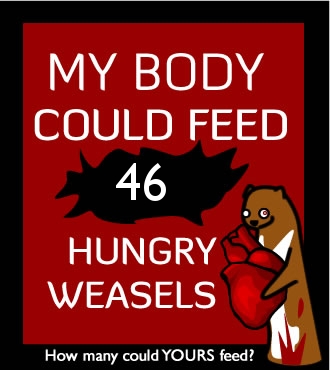After writing about YouTube and Twitter last week you knew I’d have to get to Facebook eventually. A recent study about to be published in the journal Psychological Science has revealed something I find intrinsically fascinating – that Facebook profiles actually capture people’s true personalities.
Now, I am not suggesting that Facebook provides you with some deep understanding of a person and can in anyway replace meaningful, in-person interaction. Even as a regular Facebook user, I will put this caveat right up front. But, what this study revealed is that people essentially tell the truth about who they are when they create their profiles, take those little quizzes, and so on. I find that downright amazing. Isn’t this the standing fear with on-line dating, that you will show up to meet the person (since you cannot have an on-line marriage…but maybe you can now with Facebook), and they’ll be totally different from how they advertised themselves in their profile?
Case in point: Facebook allows you to post whatever picture you want. And, I view the posting of that picture as something akin to attending my high-school reunion. I have not seen these people in a long time, some of them were mean and snooty, and I want to impress them when they see me. And, I do not mind admitting that I would like to impress them with my clearly adorable and smart children, my own obviously stunning intellect, and of course my age-defying good looks. And, this is why there is currently a cartoon version of me on my Facebook page. One that is 20 pounds lighter than the actual me (though not nearly as witty and smart because she’s really very two-dimensional).
I do love that Facebook has allowed me to find old school classmates from across the globe and reconnect with them. And, I am somewhat amazed that when I do find the time to take those little quizzes that I do answer them honestly. Based upon their findings, the authors of the study suggest that this is because “online social networks are not so much about providing positive spin for the profile owners, but are instead just another medium for engaging in genuine social interactions, much like the telephone."
The researchers claim that the psychology behind the success of sites such as Facebook comes from the basic human need to be known by others. If the information people got from Facebook could not be trusted, then it would quickly fall out of favor because we wouldn’t actually know each other at all.
What I am equally surprised by is my own observation of just how much people will put “out there” on Facebook. I’ve seen posts by people blasting their spouses, posts by students blasting their professors, and by employees blasting their bosses. In many of those cases I know/work with/like both the post-er (plaintiff) and the post-ee (defendant) and think to myself “Oh dear, should I know this? Should I do something?” Of course, there is really no need for me to say anything because there is one thing that Facebook obviously isn’t. It isn’t private. Do our usual filters that prevent us from making career- or relationship-ending statements shut down because it is just us and the computer, mano-a-machino, when we are typing? Are we under the impression that the 200 or so people we have “friended” are our circle of dearest and best friends that should all be trusted with our most intimate thoughts the very moment that we have them?
Additional research published in Psychological Science suggests, oddly, that people tend not to adopt “stable disclosure strategies,” and reveal too much information in situations such as on-line social websites. People tend also not to reveal enough information when they most need to, such as admitting unhealthy habits to a physician during an exam. They attribute this to a level of fluency – which they describe as the ability to process information. We are comfortable and process information easily in our little Facebook worlds. We are often uncomfortable, and don’t necessarily understand the medical jargon being used, in our doctor’s offices. In the latter setting, we don’t process information easily, and we are less likely to reveal information about ourselves.
In closing, I add this lovely tidbit. Each year new words are added to the dictionary as new colloquialisms are added to our language. The Oxford American Dictionary’s Word of the Year for 2009 is “unfriend”, as in "To remove someone as a friend on a social networking site such as Facebook."
Subscribe to:
Post Comments (Atom)






1 comment:
Hi, my name is Ava and I'm the blog moderator at TheReefTank.com. Some of our members are fans of your blog and I wanted to ask you a specific question but can't find an e-mail address.
Can you please contact me at Charismaqueen100@gmail.com? Thank you for your time.
Post a Comment